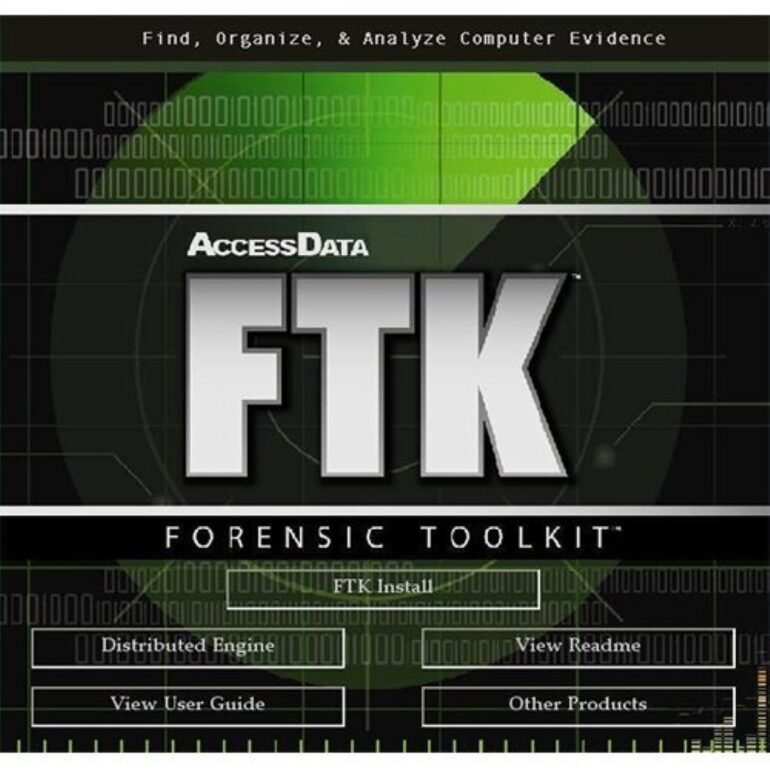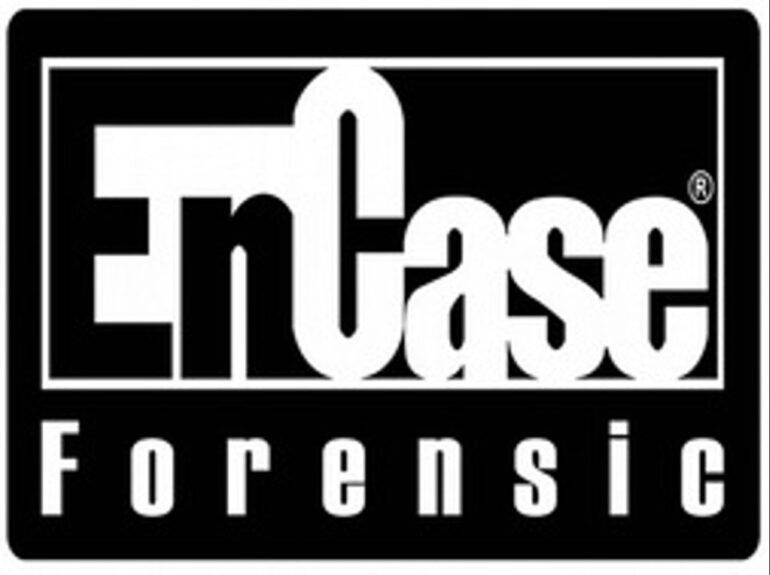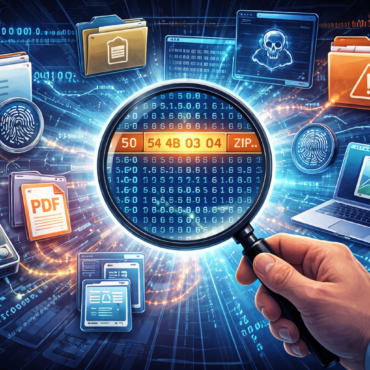Introduction
Digital forensics is the backbone of modern investigations, helping experts uncover hidden evidence from computers, mobile devices, and networks. To ensure accuracy and efficiency, forensic analysts depend heavily on specialized tools that allow them to collect, analyze, and present data while maintaining evidential integrity.
Among the vast array of forensic tools available today, FTK (Forensic Toolkit), EnCase, and X-Ways Forensics are considered industry leaders. Each tool offers unique strengths, specialized features, and target user groups.
This blog provides a detailed comparison of these three tools—examining their functionalities, advantages, limitations, and best-use scenarios—to help investigators choose the most appropriate solution for their needs.
1. Forensic Toolkit (FTK)

Developer: AccessData Group
Platform: Windows
Overview
FTK (Forensic Toolkit) is one of the most widely used digital forensic software suites. Designed for both law enforcement and corporate investigators, FTK provides powerful capabilities for data acquisition, analysis, and reporting. Its standout feature is its database-driven approach, which ensures fast searching and indexing of evidence.
Key Features
-
Efficient Indexing: FTK indexes all data at the beginning of the investigation, enabling lightning-fast keyword searches.
-
Email and Chat Analysis: It can parse emails, attachments, and chat communications from popular platforms.
-
File Decryption: Supports decryption for several encryption types, including EFS and BitLocker.
-
Comprehensive Reporting: Generates court-admissible reports with detailed metadata and file information.
-
Registry and Internet Analysis: Extracts artifacts from Windows Registry, browser history, and temporary files.
-
Integration with FTK Imager: Enables forensic imaging of drives while preserving data integrity with hash values.
Advantages
-
Powerful search and filtering capabilities.
-
Supports large data sets efficiently.
-
Integrated database ensures quick and organized analysis.
-
Strong visual reporting tools for legal presentation.
Limitations
-
Requires high system resources and strong hardware.
-
Initial indexing can take time for very large cases.
-
Interface can feel heavy and complex for beginners.
Best Use Case
FTK is ideal for corporate investigations, fraud cases, and large-scale data analysis where rapid searching and organization are crucial.
2. EnCase Forensic

Developer: OpenText (formerly Guidance Software)
Platform: Windows
Overview
EnCase Forensic has long been regarded as the “gold standard” in digital forensics. It’s known for its comprehensive evidence acquisition, analysis, and reporting features, along with its wide acceptance in courts worldwide. EnCase’s modular architecture and scripting capabilities make it versatile for a variety of investigations.
Key Features
-
Forensic Imaging: Creates bit-by-bit images of storage media while maintaining data integrity with MD5/SHA hashing.
-
Extensive File System Support: Handles multiple file systems including NTFS, FAT, exFAT, EXT, and HFS+.
-
Powerful Evidence Processing: Recovers deleted files, hidden data, and fragmented information.
-
Scripting and Automation (EnScript): Allows customization and automation of forensic tasks using the EnScript language.
-
Comprehensive Reporting: Offers detailed case documentation suitable for court submission.
-
Network and Remote Acquisition: Supports live acquisition from remote systems and network shares.
Advantages
-
Widely recognized and accepted in judicial systems globally.
-
Extremely powerful for deep-level analysis and recovery.
-
Highly customizable through EnScripts.
-
Proven reliability for both civil and criminal investigations.
Limitations
-
High licensing and maintenance costs.
-
Requires expert-level knowledge to fully utilize its advanced functions.
-
Slightly slower than FTK in keyword search due to lack of pre-indexing.
Best Use Case
EnCase is best suited for law enforcement agencies, government organizations, and complex criminal investigations that demand thorough analysis and legally recognized reporting.
3. X-Ways Forensics

Developer: X-Ways Software Technology AG (Germany)
Platform: Windows
Overview
X-Ways Forensics is a lightweight yet powerful forensic examination suite. Despite being smaller and more affordable than FTK and EnCase, it offers a comprehensive range of functions suitable for both professionals and small labs. Its strength lies in its speed, efficiency, and resource optimization.
Key Features
-
Low Resource Consumption: Runs efficiently even on moderate hardware.
-
Integrated Disk Imaging: Performs acquisition and analysis in one environment.
-
Advanced File System Support: Handles NTFS, FAT, exFAT, ReFS, Ext, and APFS.
-
Data Carving: Recovers deleted or fragmented files using signature analysis.
-
Email and Internet Artifact Analysis: Parses mailboxes, browser history, and temporary files.
-
Timeline Analysis: Correlates file and system events chronologically.
-
Portability: Can run from external drives, making it useful in field operations.
Advantages
-
Fast and lightweight compared to FTK and EnCase.
-
Cost-effective for smaller forensic units.
-
Simple installation and minimal system dependencies.
-
Excellent for quick triage and incident response.
Limitations
-
Interface is less modern and can appear complex to new users.
-
Limited automation and scripting compared to EnCase.
-
Slightly less robust reporting features.
Best Use Case
X-Ways is ideal for smaller labs, private forensic firms, or incident responders who require powerful capabilities on limited hardware.
Choosing the Right Tool
The choice between FTK, EnCase, and X-Ways depends on the type of investigation, budget, and system capabilities:
-
Choose FTK if you handle large data volumes and require fast, keyword-based searching—especially for corporate or fraud-related cases.
-
Choose EnCase if your focus is criminal investigation and court-admissible reporting where detail and legal acceptance are crucial.
-
Choose X-Ways Forensics if you need a lightweight, cost-effective, and portable tool for quick examinations or field investigations.
Often, professional forensic labs use a combination of these tools, leveraging the strengths of each for different stages of investigation.
Conclusion
FTK, EnCase, and X-Ways Forensics remain the most trusted and widely used digital forensic tools across the world. While FTK stands out for speed and indexing, EnCase dominates in legal acceptance and deep analysis, and X-Ways offers flexibility and affordability.
The key takeaway is that no single tool fits every case. An effective forensic investigator understands how to combine multiple tools, ensuring a balance between technical capability, efficiency, and evidential integrity.
In the evolving world of cybercrime, mastering these tools is essential for uncovering truth and ensuring justice in the digital realm.








Post comments (0)